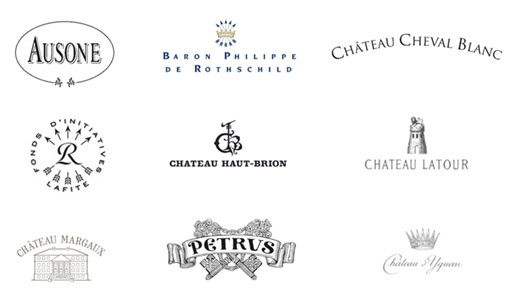La Chaire Olivier de Serres, un programme de recherche et de diffusion des savoirs porté par l’Institut des Sciences de la Vigne et du Vin (ISVV).
Context
This chair was designed to support the wine industry in facing one of its greatest challenges: climate change. Climate change is already having visible consequences on vines and wine production, affecting yields, grape composition and wine quality. Projections for the coming decades suggest even greater risks, particularly if there is poor anticipation or a lack of adaptation strategies.
It is in this context that the Olivier de Serres Chair was created.
Its objective is twofold: to produce in-depth scientific knowledge on the impacts of climate change and the adaptation mechanisms of vines, while developing practical tools to help wine estates make informed short- and long-term choices.
This approach is in keeping with the tradition of Olivier de Serres, considered the father of French agronomy and a pioneer in viticulture and oenology, who advocated above all a detailed knowledge of soils and growing conditions.
The project
The Chair is organised around three main areas of work
The first area focuses on water, soil and rootstocks. The aim is to understand the environmental and biological factors that determine the vine's ability to transport water from the soil to the leaves, and therefore its ability to withstand drought. Research will focus in particular on the root anatomy of rootstocks, the role of the soil in regulating the plant's water status and the genetic determinism of these characteristics. The aim is to gain a better understanding of the suitability of rootstocks for different terroirs, in order to support wine-growing estates in their choices and experiments. The second area focuses on studying the effects of climatic stress on vines and grape quality (extreme heat, drought, increased CO₂ concentration). It aims to analyse the sensitivity of grape varieties to high temperatures on the one hand and to a combination of climatic stresses with high CO₂ levels in the air on the other, to identify biomarkers of resilience and to understand the physiological and genetic mechanisms underlying these responses. The research will combine experiments in real conditions in the vineyard and in the laboratory in order to develop robust and transferable methods of analysis for viticultural properties. To carry out these projects, the Chair relies on structured and collaborative governance. A steering committee brings together the scientists involved from the University of Bordeaux, INRAe and Bordeaux Sciences Agro, representatives of the sponsors, the ISVV and the Bordeaux University Foundation, to ensure the consistency and transparency of actions. Working groups specific to each research area will bring together researchers and technicians to jointly develop projects and monitor their implementation. An external scientific council will also contribute its expertise and international vision.
Mission
The Olivier de Serre Chair is supported by nine patrons who have committed to this project of general interest for the industry for a period of five years: Château Ausone, Château Petrus, Fonds d’Initiative Lafite, Baron Philippe de Rothschild, Château Margaux, Château Latour, Château Cheval Blanc, and Château Haut-Brillon. This commitment demonstrates the importance of the climate challenge for French viticulture and the collective desire to prepare for the future.
The Olivier de Serres Chair aims to be both a high-level research centre and a practical tool for the industry. It seeks to generate new knowledge, share it widely and support professionals in developing and implementing appropriate and sustainable solutions to climate change.
Scientific coordination
Key scientists involved
UMR Ecophysiology and Functional Genomics of Vines: Nathalie Ollat, Cornelis van Leeuwen, Gregory Gambetta, Elisa Marguerit, Laure de Resseguier, Clément Saint-Cast, Coralie Laveau, Yann Buschwalter, Mar Greven, Eric Gomès, Philippe Gallusci, Sarah Cookson, Virginie Lauvergeat, Pierre-François Bert, David Lecourieux, Sabine Guillaumie, Marina de Miguel, Fatma Lecourieux, Agnès Destrac, Ghislaine Hilbert-Masson, Cyril Abadie, Jean-Pascal Tandonnet, Maria Lafargue, Joseph Tran, Virginie Garcia
UMR Oenology: Philippe Darriet, Stéphanie Marchand, Cécile Thibon, Alexandre Pons, Michael Jourdes, Gilles de Revel, Isabelle Masneuf, Jean-Christophe Barbe
UMR Vineyard Health and Agroecology: Chloé Delmas, Adrien Rusch
Transfer unit: Vitinnov
With the support of:




